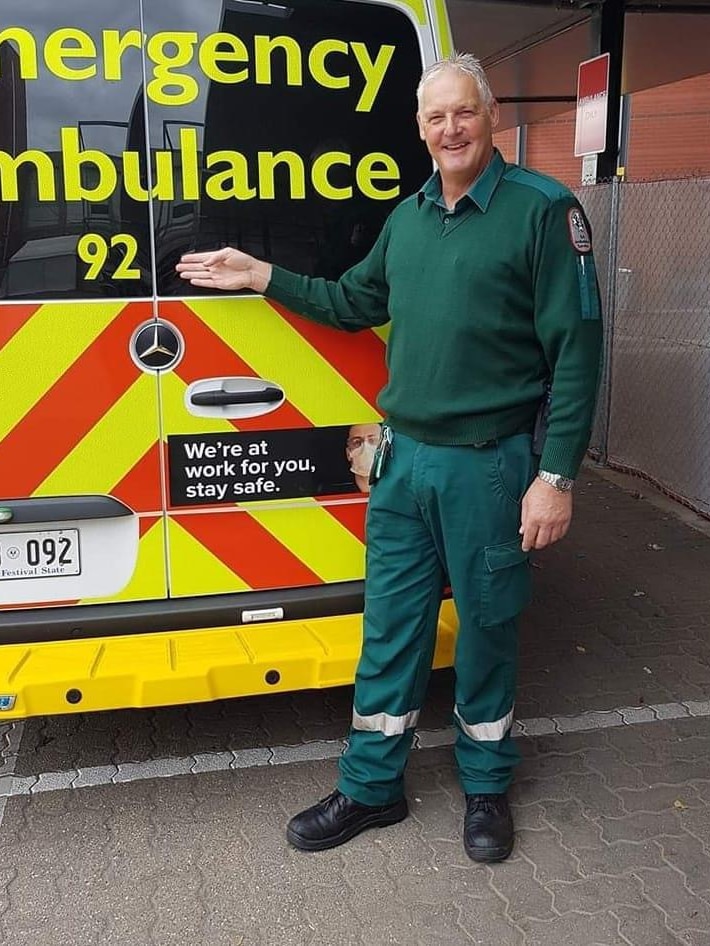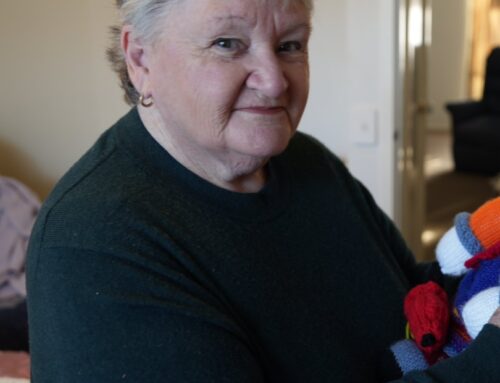An inquest has heard that a paramedic had several patients complain he was rude to them, before allegedly telling one man he was overreacting with the “man flu” in the lead up to his death.
The South Australia coroner is investigating the death of Indian national and father-of-two Hemant Chadha, who died from pneumonia in April 2020 after repeatedly seeking help at emergency departments.
The court previously heard that paramedic Paul Vinar had accused Mr Chadha of overreacting with the “man flu” and “being naughty”.
In his evidence, Mr Vinar denied that he ever used the word “naughty” when treating Mr Chadha, and said he only referenced the term “man flu” to clarify the patient’s condition to his wife rather than to infer an exaggeration of the symptoms.
Mr Vinar attended two separate call-outs involving Mr Chadha in the two days before his death.
On Thursday, the court heard six complaints involving Mr Vinar have been made to SA Health since 2011, despite him testifying in Tuesday’s hearing that he had only received “two or three” complaints during his career.
Some patients alleged Mr Vinar insisted that they walk out to ambulances, while others said he made them feel as though they should not have called for help.
Mr Vinar agreed that the substance of a number of the complaints involved him “being rude” to patients, but said multiple incidents were “taken out of context”.
Counsel assisting the coroner, Emma Roper, referenced one complaint from 2018 where Mr Vinar was described by a patient’s wife as “rude and uncaring” when he told her “we can take him to hospital and make him wait for ages or he can get the same advice from a paramedic and not go”.
Mr Vinar said the statement was in context to the condition of the patient.
“He recently got checked at the cardiology department and they were happy with the positioning of the defibrillator and we were trying to relay that it may take some time to get him seen in the emergency department because it’s a specialty problem,” he told the court.
Mr Vinar said he had been made aware that the patient’s wife felt that it was an “imposition” that she had called for paramedics.
“I had an explanation for why we were talking in that manner but it wasn’t in my opinion intimidating or insulting to her,” he said.
“Sometimes I can be assertive and have many situations where there’s high tension and lots of uncontrolled issues going on.
“If I have to speak loudly, that’s often misconstrued.”
Elderly patient told to walk to ambulance
The court heard a nurse made a complaint in 2017 alleging Mr Vinar was “short and abrupt” before he insisted that a 90-year-old patient walk to an ambulance.
The complaint claimed Mr Vinar told the nurse “if she [the patient] walked into the surgery then she can walk out”.
Mr Vinar told the court the patient was sitting inside a waiting room close to the door, and was only 2 or 3 metres away from the ambulance.
“We may have said something similar but it sounds like it was taken out of context,” he told the court.
“The abrupt nature of the nurse started the whole communication process in a negative light.
“Sometimes it’s difficult not to have a negative interaction with patients or staff on various scenes.”
The court heard Mr Vinar had discussed most of the complaints made against him with a team leader, and said he had tried to “alter what the issue was” after each one.
He said he had received feedback “periodically” over the last 33 years about how to deal with patients appropriately.
One complaint referenced in court involved Mr Vinar’s partner allegedly telling a nurse that he was “not interested in the patient’s life history”.
Mr Vinar said he apologised to the patient on behalf of his partner at the scene and later reported his behaviour to a team leader.
“I tried to move shifts to get away from him. I think in a period of a week, as a crew, we got half a dozen complaints. It’s not uncommon,” he said.
“It was like following someone with a fire extinguisher, putting out fires.”
The inquest continues.





